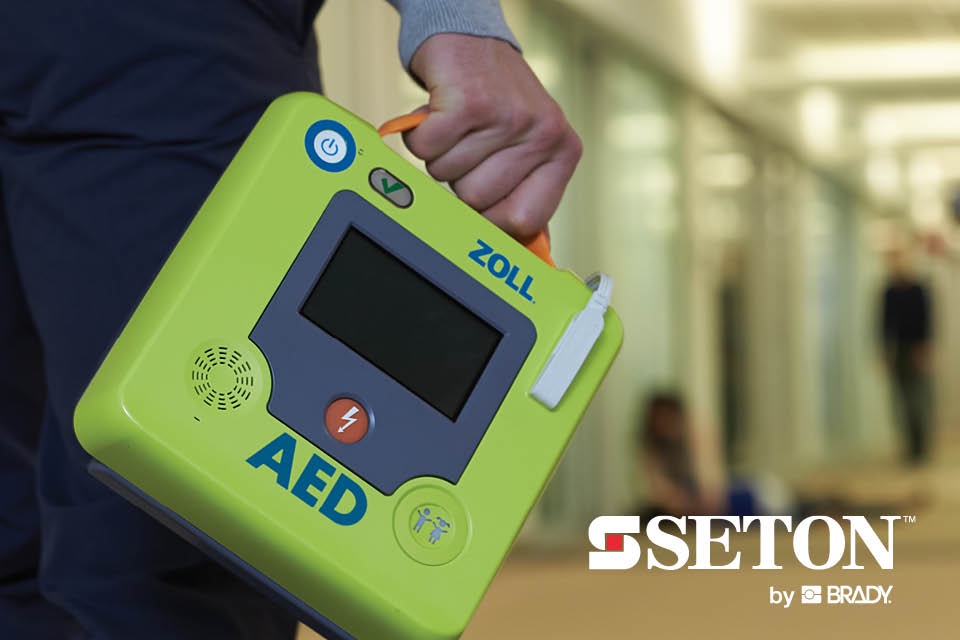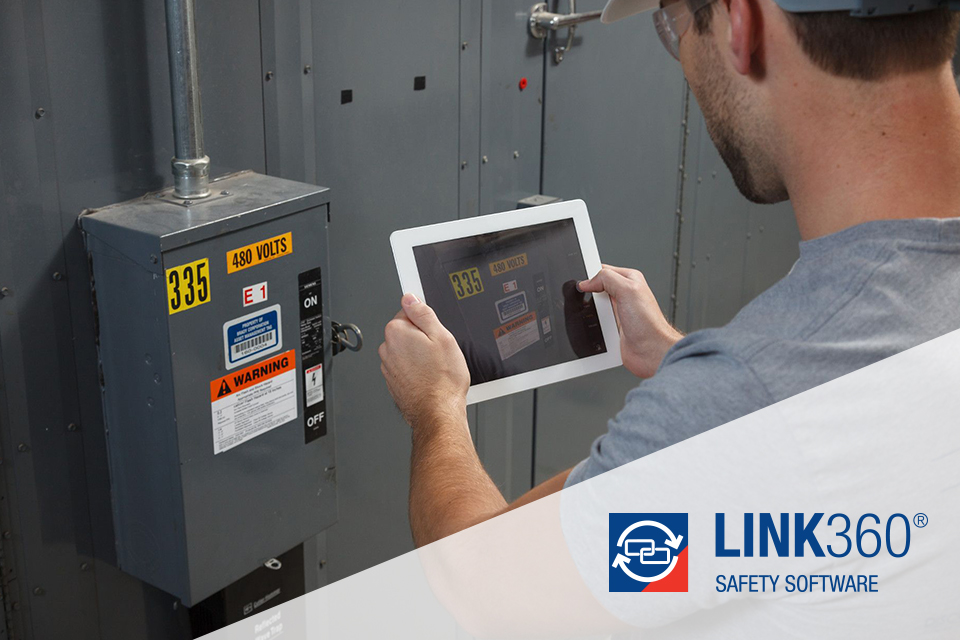By Kate Palmer, HR Advice and Consultancy Director at Peninsula
Monkeypox is a rare disease that is caused by infection with monkeypox virus. It can pass between humans through close intimate contact, household contact or changing the bedding of someone who has it when not wearing appropriate PPE.
The Government has issued advice for anyone who has come into close contact with someone who has monkeypox to self-isolate for 3 weeks.
An important point to make is that monkeypox is not another Covid. We might be drawn to think this because of the use of ‘isolation’ but experts say it poses a very low threat to the wider public. It is not as easily transmissible as Covid, and recovery is fully expected. However, as we saw during the pandemic, things can change quickly so employers should be prepared.
It goes without saying that if an employee has a confirmed case of monkeypox, they should be treated under normal sickness rules. Most symptoms clear up within 14-21 days so they would receive SSP or sick pay, whichever is stipulated in their contract of employment, as with any other illness, if they met the qualifying criteria.
Issues could arise where an employee is advised to self-isolate – although currently this is only advised rather than being a legal requirement.
Currently the advice is that those who have had unprotected direct contact or high-risk environmental contact with a confirmed case should isolate for 21 days including exclusion from work. If the person can work from home, that appears to be the most sensible solution.
Those who have unprotected exposure to infectious materials including droplet or airborne potential route should be excluded from work for 21 days if their work involves contact with immunosuppressed people, pregnant women, or children. Again, working from home could be a solution here, or moving the employee to different duties which does not involve contact with those people.
If the person cannot work from home, then the question of pay crops up. SSP will not be payable for the isolation period unless the employee gets too ill to work during it. In a similar way to the current Covid isolation position, employers will have to decide whether they will require close contacts with a confirmed case to not come to work for the 21 days or whether they will still require them to come in.
If they require them to stay at home then this should be on full pay. Anything less than that is likely to risk an unlawful deduction claim as it’s the employer’s choice to temporarily withdraw work from the employee.
There is no legal requirement to inform an employer that you are a close contact with someone with monkeypox, but employers can make it a contractual requirement if they choose. Data on this should always be processed in line with rules on processing health data.
Although monkeypox is not generally passed through the air, colleagues may be concerned if they become aware that someone they are located near to is a close contact. Employers who don’t require close contacts to isolate should consider some adjustments to where they sit or work. This is particularly pertinent if any colleagues are immunosuppressed or pregnant.
Close contacts with a confirmed case are advised to notify the contact tracing system. Employees claiming to be a close contact should be able to provide their employer with evidence of their contact with the contact tracing system.







